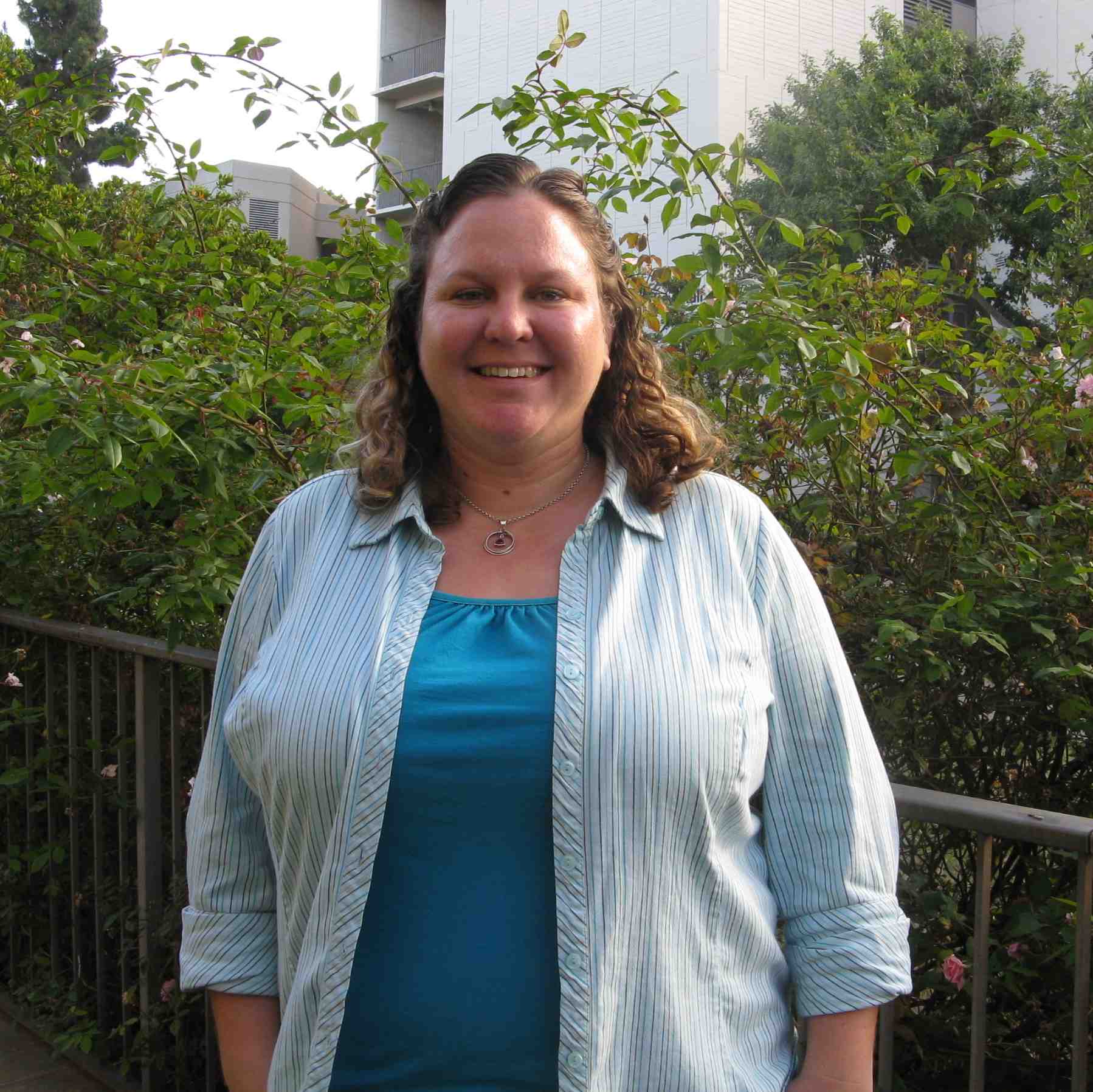Role of Cytomegalovirus induced Inflammation and Cell Adhesion in Tumorigenesis
Jenny DuRose
Appointment Period: 2010-2011 / Grant Year: [26]
 Human cytomegalovirus (HCMV) is a ubiquitous pathogen that establishes a lifelong persistent infection in 60-80% of the human population. While the initial HCMV infection may be asymptomatic in most individuals, an increasing amount of evidence suggests that over the long-term HCMV infection is associated with atherosclerosis and number of malignancies including glioblastoma, colon carcinoma, and metastasis. Much of the literature to date suggests that HCMV is not directly involved in the transformation of normal cells, but rather that it plays an oncomodulatory role in tumorigenesis and metastasis.
Human cytomegalovirus (HCMV) is a ubiquitous pathogen that establishes a lifelong persistent infection in 60-80% of the human population. While the initial HCMV infection may be asymptomatic in most individuals, an increasing amount of evidence suggests that over the long-term HCMV infection is associated with atherosclerosis and number of malignancies including glioblastoma, colon carcinoma, and metastasis. Much of the literature to date suggests that HCMV is not directly involved in the transformation of normal cells, but rather that it plays an oncomodulatory role in tumorigenesis and metastasis.
To better understand the intricate relationship between HCMV infection and tumorigenesis we have studied HCMV-associated inflammation and cell adhesion in a model of the human vascular system. HCMV infection of cells within the vascular wall (e.g. endothelial cells or smooth muscle cells) has been associated with increased secretion of inflammatory cytokines and chemokines leading to an increase in migration and proliferation of cells within the vascular wall. HCMV induced alteration of the adhesive properties of the infected endothelium increases adhesion of cells to the endothelium promoting further invasion into the vascular wall. The physiological context of blood flowing over the endothelium is critical factor that normally reduces the expression of inflammatory cytokines and adhesion molecules, and it is unclear exactly how HCMV infection might affect oncomodulatory gene expression. All of the studies to date that implicate HCMV in inflammation and adhesion of cells to the endothelium have been done out of the physiological context of flow on cells in static conditions. Therefore, we propose to study the oncomodulatory changes in gene expression associated with HCMV infection of the endothelium under the physiological context of flow. In addition we plan to study the adhesion and migration of cells through the HCMV infected endothelium.
DuRose JB, Lib J, Chien S, Spector DH. Exposure to fluid shear stress differentially modulates entry and replication of human cytomegalovirus in vascular endothelium. PLoS Pathogens. (2012) In review.
NOTE: Candidate still in training in Spector lab, but had to relinquish T32 funding to accept an F32 award from NIH (1F32HL099072-01A1). Nonetheless, Jenny remains an active participant in our TG activities and meetings.
 Human cytomegalovirus (HCMV) is a ubiquitous pathogen that establishes a lifelong persistent infection in 60-80% of the human population. While the initial HCMV infection may be asymptomatic in most individuals, an increasing amount of evidence suggests that over the long-term HCMV infection is associated with atherosclerosis and number of malignancies including glioblastoma, colon carcinoma, and metastasis. Much of the literature to date suggests that HCMV is not directly involved in the transformation of normal cells, but rather that it plays an oncomodulatory role in tumorigenesis and metastasis.
Human cytomegalovirus (HCMV) is a ubiquitous pathogen that establishes a lifelong persistent infection in 60-80% of the human population. While the initial HCMV infection may be asymptomatic in most individuals, an increasing amount of evidence suggests that over the long-term HCMV infection is associated with atherosclerosis and number of malignancies including glioblastoma, colon carcinoma, and metastasis. Much of the literature to date suggests that HCMV is not directly involved in the transformation of normal cells, but rather that it plays an oncomodulatory role in tumorigenesis and metastasis.